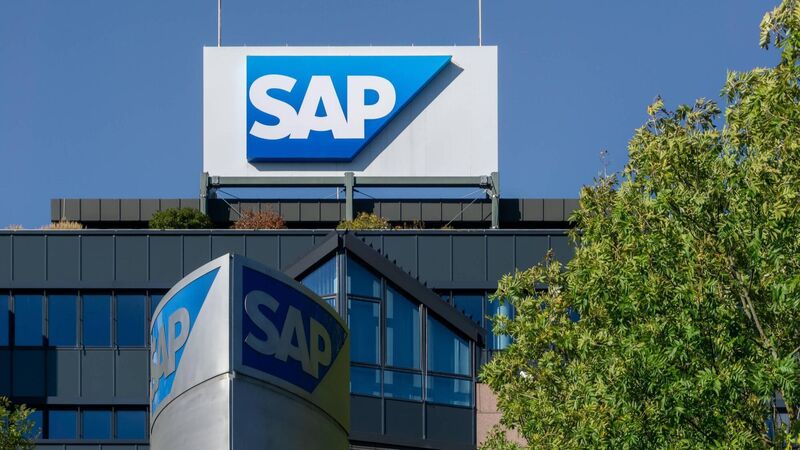John Whelan: Oracle and Microsoft the real winners from ill-considered EU probe of SAP

SAP’s Irish operations in Dublin and Galway, employing 2,300, concentrate on cloud engineering talent for the company's cloud-focused R&D and a support centre in Galway for multi-lingual tech support in the European SME market.
The EU’s competition authority on September 25 raised concerns that SAP may have distorted competition by potentially abusing a dominant market position. But EU commissioner Teresa Ribera leading the investigation doesn’t seem to be up to speed on the market leaders.
While SAP has historically been the market leader, Oracle has recently surpassed it in revenue, and Microsoft holds the largest customer count in the market. Other top contenders and prominent players include Salesforce, Workday, Sage, and Infor, with different vendors leading in specific areas like customer count or industry focus.











